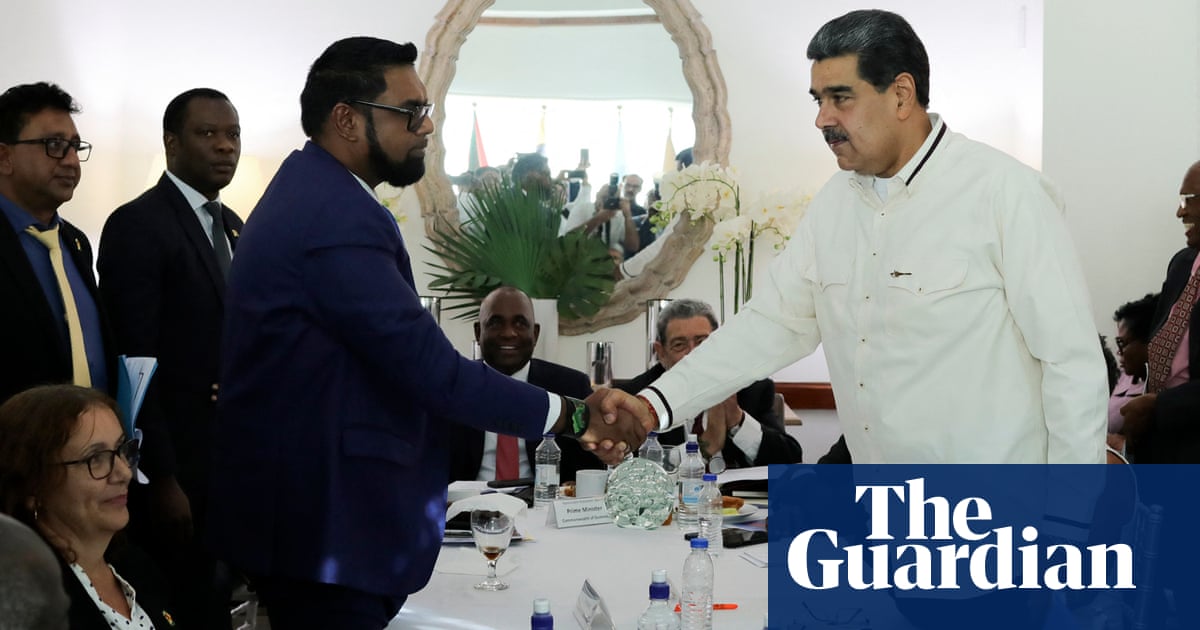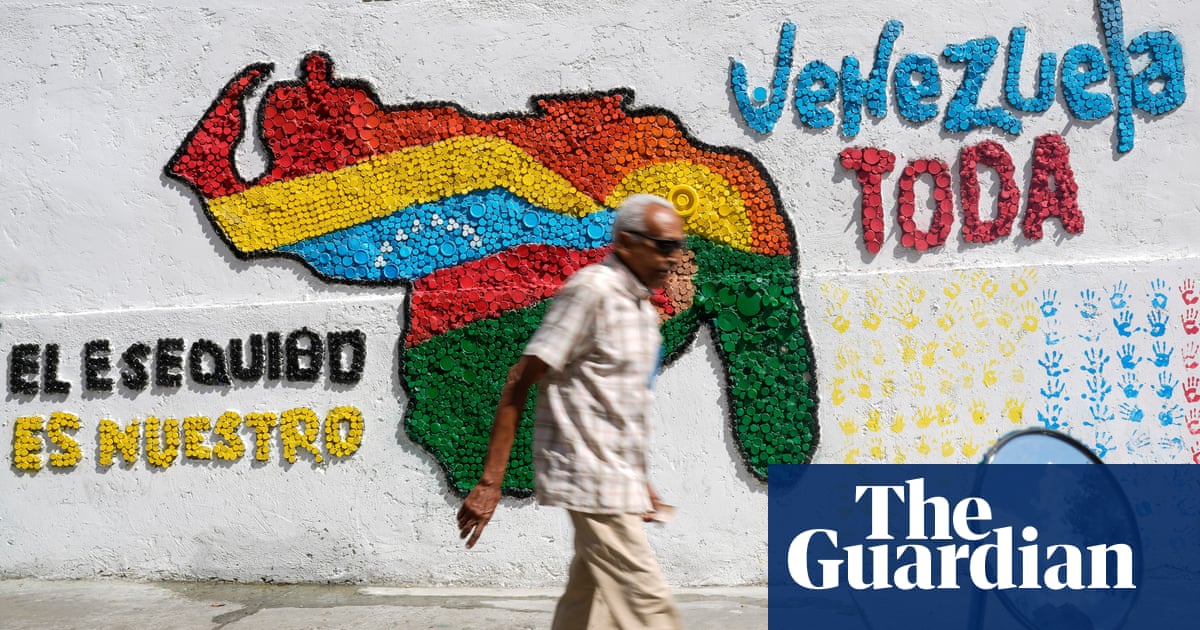
Cuba’s oil production currently meets an estimated 40 percent of its needs
HAVANA: A flotilla of shipments from Venezuela gave Cuba some respite this week from crippling fuel shortages in the wake of tougher US sanctions, while Russia’s prime minister pledged during a visit to the island on Friday to help develop its energy sector.
But support from two of its closest allies looks unlikely to resolve Cuba’s energy problems and the government has extended many of the energy-saving measures it had introduced over the past month.
Havana warned on Sept. 11 it had not secured sufficient shipments of refined fuels, such as gasoline and diesel, for the rest of the month due to sanctions imposed by the administration of US President Donald Trump in retaliation for its support for Venezuelan President Nicolas Maduro.
In response to the shortages, Cuba swiftly deepened austerity measures it had introduced since an economic meltdown in Venezuela, its principal supplier, choked off its energy imports.
Cuban authorities cut public transport last month, decreased production at some factories, and encouraged the use of more animal-powered vehicles and wood-fired ovens.
Venezuela responded by increasing oil shipments to its Caribbean ally, despite its own output issues and sanctions-related restrictions.
Since late September, at least eight tankers carrying some 3.83 million barrels of crude and fuel have been shipped from Venezuela, according to Refinitiv Eikon data and internal data from Venezuela’s state-run oil firm PDVSA. That represents a sharp increase from five vessels loaded with 1.98 million barrels during the first half of September.
Following the shipments, there are no longer multi-hour queues at Cuban gas stations for gasoline, although diesel remains elusive.
Transport officials on Wednesday said they would be upping the frequency of train and bus departures, although not yet restoring “normality” following the drastic cuts last month.
President Miguel Diaz-Canel celebrated that Cuba managed to avoid blackouts in September in an editorial in the Communist Party newspaper Granma entitled “No fear of the current juncture.”
The two-day official visit of Russian Prime Minister Dmitry Medvedev, which concluded on Friday, also sent a signal the island is not alone.
Medvedev on Friday visited a horizontal oil well located in the Boca de Jaruco oil field in northern Cuba which is being developed by Russian and Cuban state-run companies Zarubezhneft and Cubapetroleo.
Zarubezhneft plans to drill 30 wells in two years there at a cost of 100 million euros, Russian state-owned news agency Sputnik wrote on Friday.
The two countries are working towards reducing Cuba’s dependence on energy imports by improving its energy efficiency and collaborating on oil exploration, a senior Russian government official told TASS news agency.
However, Medvedev did not announce any short-term measures to provide relief to the island during his visit.
Cuba’s oil production currently meets an estimated 40 percent of its needs. Nearly all the rest has been supplied by Venezuela for years under a barter agreement for Cuban medical services, with some imports from other allies like Algeria and Russia.
However, analysts say Venezuela and Cuba will struggle to keep beating ever-tightening US sanctions.












